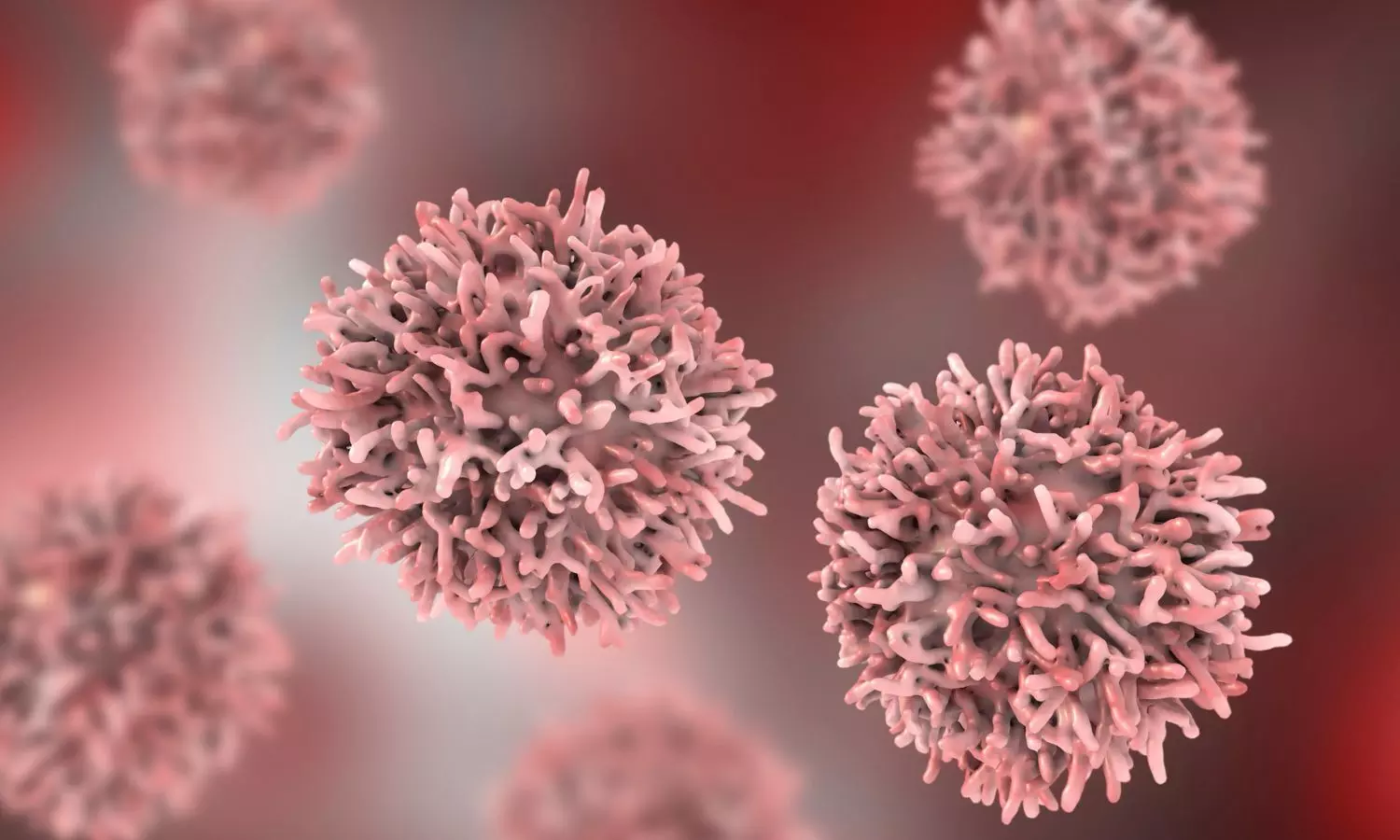Childhood Cancer Survivors Face Higher Risk of Severe COVID-19 as Adults: Study

New Delhi: Medical advances have significantly improved the survival rates of children diagnosed with cancer. However, a new study suggests that the long-term health effects of cancer treatment during childhood may increase the risk of serious complications from illnesses later in life—including COVID-19.
Researchers from the Karolinska Institutet in Sweden have found that individuals who survived cancer as children were more likely to develop severe forms of COVID-19 in adulthood. The findings were published in The Lancet Regional Health – Europe.
Interestingly, the study revealed that these survivors were not more likely to catch COVID-19 than others. They had a slightly lower risk of infection overall. However, if they did contract the virus, they were 58 per cent more likely to suffer from severe illness, including hospitalisation, admission to intensive care units (ICUs), or even death due to the infection.
“It is important to understand that even though these individuals were not infected more often, the consequences were more serious when they did become ill,” said Dr. Javier Louro, a postdoctoral researcher at Karolinska’s Institute of Environmental Medicine.
The study analyzed health data from more than 13,000 people in Sweden and Denmark who had been diagnosed with cancer before age 20. All participants were at least 20 years old at the onset of the COVID-19 pandemic. Their health outcomes were compared to those of their siblings and a control group from the general population, matched by age and gender.
The increased risk of severe COVID-19 was most pronounced during times of high community transmission, such as the waves caused by the Alpha and Omicron variants.
Based on these findings, researchers are urging health authorities to recognize adult survivors of childhood cancer as a high-risk group during pandemics. This could mean prioritizing them for vaccinations, regular health monitoring, and additional protection during outbreaks.
“Our results suggest that childhood cancer survivors should be considered a risk group in future pandemics or other health crises,” said Dr. Louro. “This could involve prioritizing them for vaccination or offering special protection during periods of high transmission.”
The study underscores the importance of long-term follow-up care for childhood cancer survivors, even decades after treatment ends.


